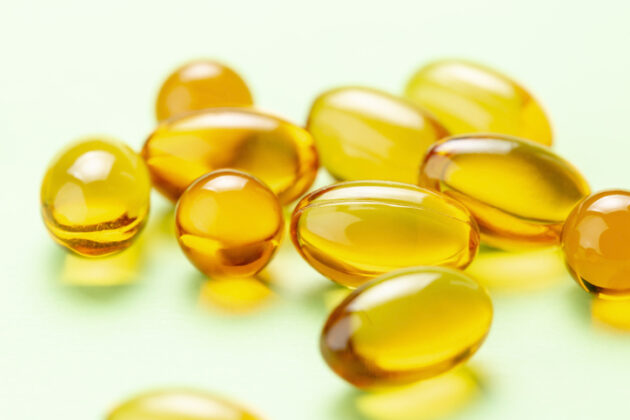
Pet cats get it from good quality pet foods that are supplemented with vitamin D.Ĭats do not benefit from sunlight, from a vitamin D standpoint, so concerns over vitamin D should not be a factor in deciding whether your cat goes outside or not. spiralis infected vitamin A deficient mice, differences in the immune response between sufficient and deficient mice were observed including higher IFN- and lower IL-4 production in MLN of infected deficient mice ( 30 ). In the wild, cats get it from the prey they hunt. Although worm expulsion was only slightly reduced in T. They get their vitamin D from their food.

However, cats are very poor at producing vitamin D in response to sunlight exposure. pacificum had mild megaloblastic anemia, which demonstrates that it can occur, albeit at a low frequency.

Vitamin D is an essential vitamin and numerous health problems have been associated with vitamin D deficiency. We found that 1 of 20 patients infected with D. In people and some animal species, sunlight (UV light) exposure is important for production of vitamin D. It’s a logical question and a good example of the differences between animal species. It questioned whether indoor cats would get enough vitamin D. Recently, a comment was submitted in response to one of those posts. (b) Infected ears were harvested at 4, 8, and 12 weeks after infection, and parasite load was determined by limiting dilution assay. infection is frequently associated with vitamin A and zinc deficiencies.

This is a particular concern in households with people that are at increased risk of infection or where infections might result in more serious disease (i.e infants, elderly, people with compromised immune systems, pregnant women). Introduction: Vitamin D (vitD) deficiency may have importance in some diseases, but there is a lack of data in our country to clarify the current situation. For vitamin D deficiency experiments, mice were fed TD.04179, a vitamin D-deficient diet (Harlan Teklad) from birth prior to mating with male mice from the same background. Intestinal parasitic infections are common infectious diseases causing many. Outdoor cats are much more likely to pick up various infectious diseases, some of which can be harmful to the cat and some of which can be spread to people. Although worm expulsion was only slightly reduced in T. is getting enough vitamin A, vitamin D, and vitamin K2 to help them resist parasitic infection. There were many reasons for this, including keeping your cat safe from predators and other cats, and reducing the risk of infectious disease exposure. Parasites are a common cause of teeth grinding in kids. We’ve made statements supporting keeping cats indoors in different posts, and on our Cats fact sheets in the Resources section.


 0 kommentar(er)
0 kommentar(er)
